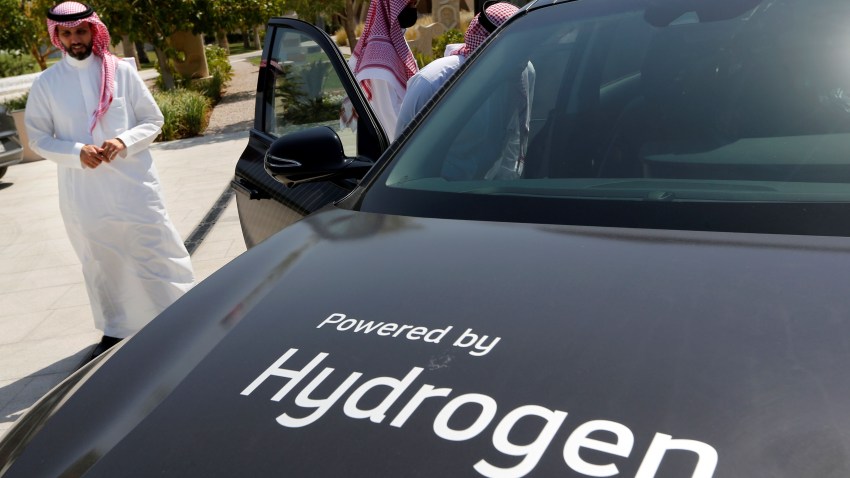In recent years, the member states of the Gulf Cooperation Council have made efforts to shift toward producing renewable energies, in part to support their own green transitions in addressing climate change, but also to prepare for reduced demand for fossil fuels in a decarbonized global economy. In advancing these goals, they have increasingly turned to China as a key partner. But while the partnership with Beijing has proved fruitful in terms of investments in renewables, it has also paradoxically alleviated the pressure the GCC countries feel to abandon hydrocarbons, which have long been the backbone of their economies.
Five of the six GCC states have already set net zero targets in response to mounting pressure to address climate change. The United Arab Emirates has committed to achieving net zero by 2050, while Saudi Arabia, Oman, Kuwait and Bahrain have set targets for 2060. Qatar, however, has emphasized a more limited focus on reducing carbon emissions and targeting specific sectors, rather than pursuing comprehensive carbon neutrality.
Nevertheless, apart from these stated net zero ambitions, there have been limited tangible signs that Gulf states are truly committed to significantly reducing their dependencies on oil and gas, reflecting the current and future importance of hydrocarbons to GCC economies. Saudi Arabia’s revenues from its stake in Saudi Aramco have continued to increase in recent years. And the UAE chose Sultan al Jaber—the CEO of state-owned Abu Dhabi National Oil Company, or ADNOC—to preside over this year’s United Nations COP28 Climate Change Conference, which Abu Dhabi will host. That has led to accusations that the Gulf states’ adoption of more climate-friendly policies amounts to “greenwashing,” with Jaber even attracting recent criticism for greenwashing his own Wikipedia entry.

